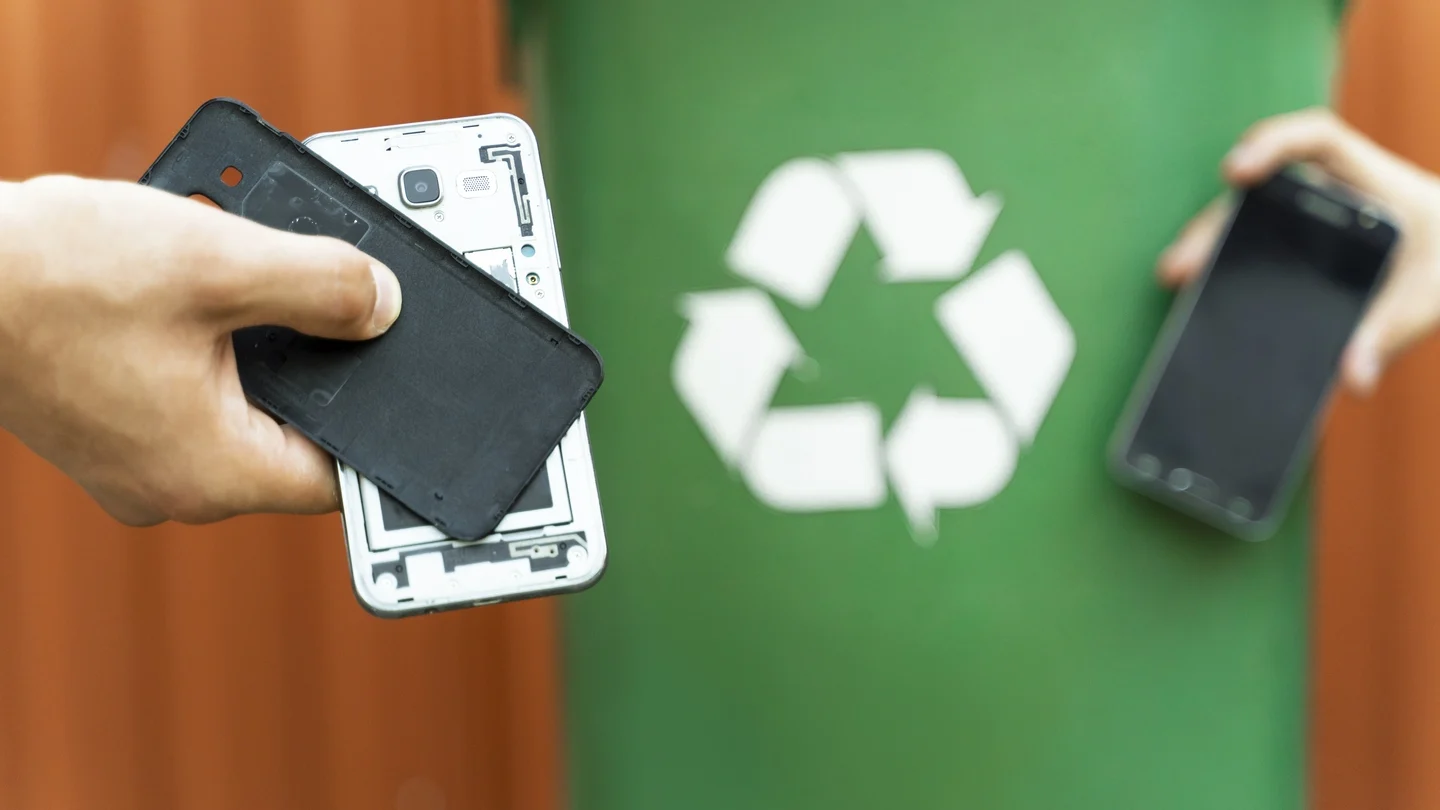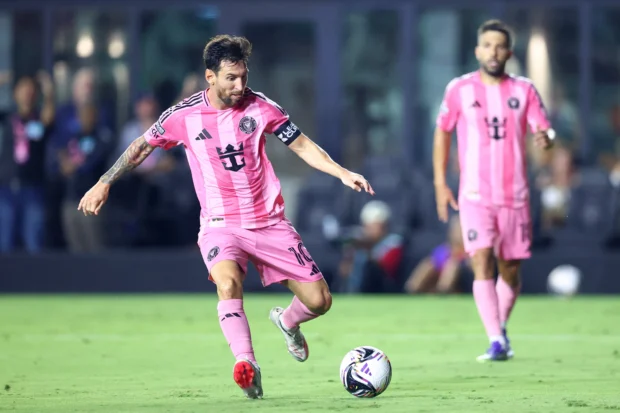
The CEO of WEEE Ireland, the national compliance scheme for e-waste recycling, has criticized European recycling targets for failing to recognize the actual impact of the circular economy.
Leo Donovan explained that Ireland’s ability to meet the EU’s 65% recycling target is becoming increasingly difficult each year—not due to failure, but because the targets don’t account for the extended lifespan of modern electronics or the growing emphasis on repair and reuse.
“The EU’s current linear weight-based targets do not consider the extended lifespans of modern electronics or the growing emphasis on repair and reuse, meaning Ireland’s true environmental progress goes unrecognised,” Donovan stated.
He pointed out that repaired or refurbished mobile phones don’t count toward Ireland’s official environmental performance, despite keeping raw materials in circulation. Similarly, newer appliances like solar PV panels and heat pumps, which typically last 15-20 years, delay recycling eligibility while still being counted in today’s sales-based targets.
Donovan has urged EU policymakers to modernize the WEEE directive during next year’s major review to better reflect current electronics market realities.
“We need realistic targets to benchmark our systems and drive improvement. The EU must rethink how it tracks e-waste management to align with circular economy principles,” he said.
WEEE Ireland is now marking 20 years since its establishment, with data showing that over 250 million old and broken electrical items have been diverted from landfills during that period.
The recycled items include 7.6 million large household appliances, 188 million mixed WEEE items, 1.8 million fridges, 5.1 million televisions and monitors, and 47.5 million lamps. Additionally, the equivalent of 725 million used AA batteries was saved from landfill.
In total, WEEE Ireland has facilitated the collection and recycling of more than 609,000 tonnes of electrical waste over two decades of e-waste recycling.
Minister of State for Retail and Circular Economy Alan Dillon acknowledged WEEE Ireland’s important role in preventing waste electronic items and batteries from entering landfills.
“While capturing these valuable resources is a critical first step for sustainability and economic resilience, we need an even greater focus in Ireland on repair, reuse, and product durability to create a truly circular economy,” Dillon remarked.











Be the first to leave a comment